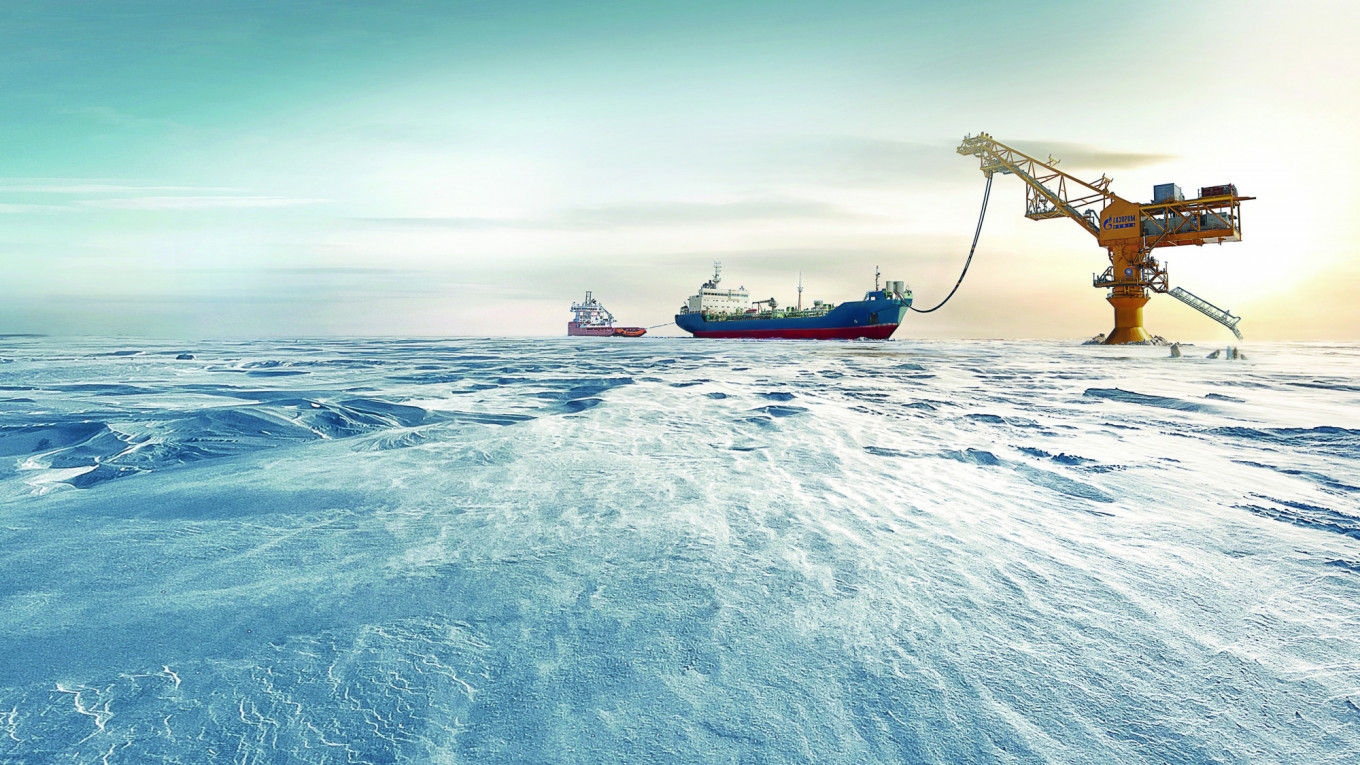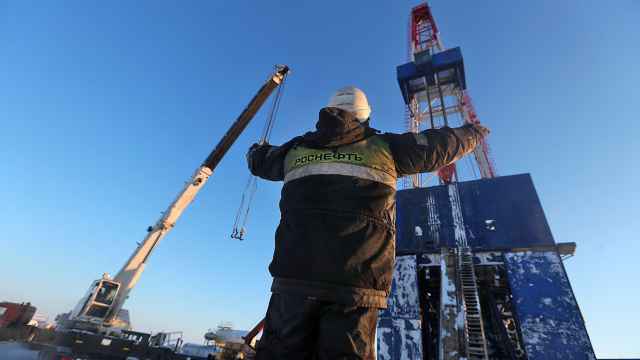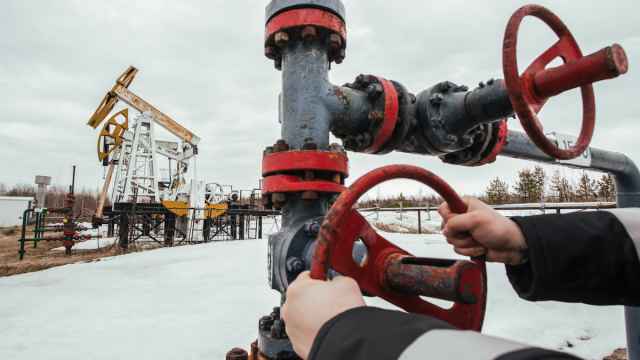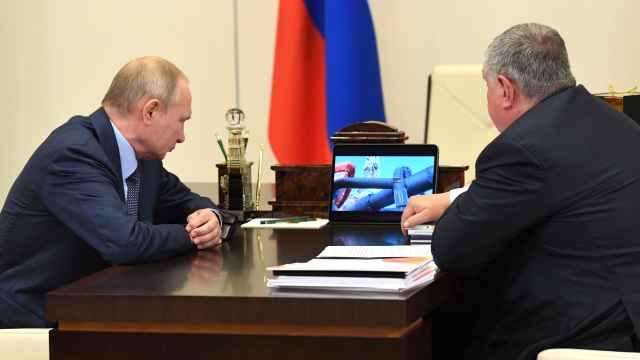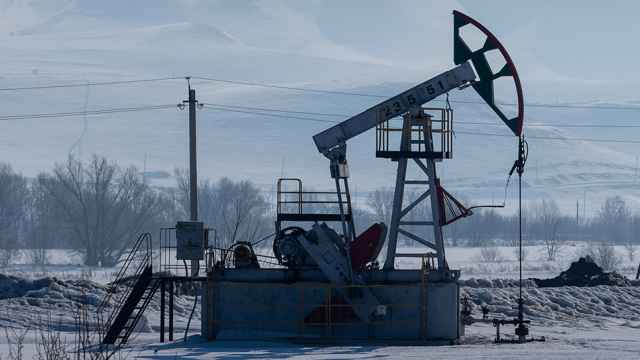Russia will grant energy companies huge tax incentives to boost oil and gas production in the Arctic, the government confirmed yesterday.
Under pressure from industry and foreign investors, and following negotiations between state departments and energy executives, the government has agreed to slash a string of taxes on exploration and extraction in the region.
KPMG previously estimated the tax breaks for Rosneft’s Vostok Oil project alone could be worth 2.6 trillion rubles ($41 billion) over the next 30 years. The government has not said how much the scheme will cost.
A consortium of foreign investors, reportedly from India and China, also warned they would only invest into Vostok Oil, which plans to launch production facilities at a number of gas and oil fields in northern Siberia, if the government gave in to demands from Rosneft CEO Igor Sechin for a preferential tax system.
Under the new rules — which now need to be passed by the state Duma — the mineral extraction tax (MET) for new oil and gas projects in the Arctic will either be cancelled entirely or reduced to 5% of its usual rate until annual production at each field hits 1% of the estimated oil or gas reserves.
Local taxes on land and property will also be cancelled, and the government is still considering granting a 50% tax break on investments into infrastructure around new production sites. Russian companies launching new extraction projects would also be exempt from caps on the number of foreign workers they can employ and will enjoy a fast-track non-competitive procurement process to get the work started.
A Message from The Moscow Times:
Dear readers,
We are facing unprecedented challenges. Russia's Prosecutor General's Office has designated The Moscow Times as an "undesirable" organization, criminalizing our work and putting our staff at risk of prosecution. This follows our earlier unjust labeling as a "foreign agent."
These actions are direct attempts to silence independent journalism in Russia. The authorities claim our work "discredits the decisions of the Russian leadership." We see things differently: we strive to provide accurate, unbiased reporting on Russia.
We, the journalists of The Moscow Times, refuse to be silenced. But to continue our work, we need your help.
Your support, no matter how small, makes a world of difference. If you can, please support us monthly starting from just $2. It's quick to set up, and every contribution makes a significant impact.
By supporting The Moscow Times, you're defending open, independent journalism in the face of repression. Thank you for standing with us.
Remind me later.


